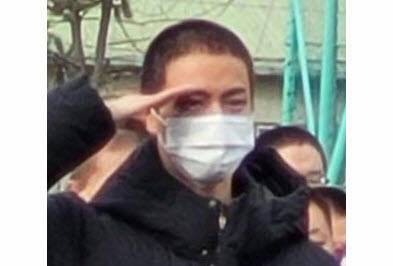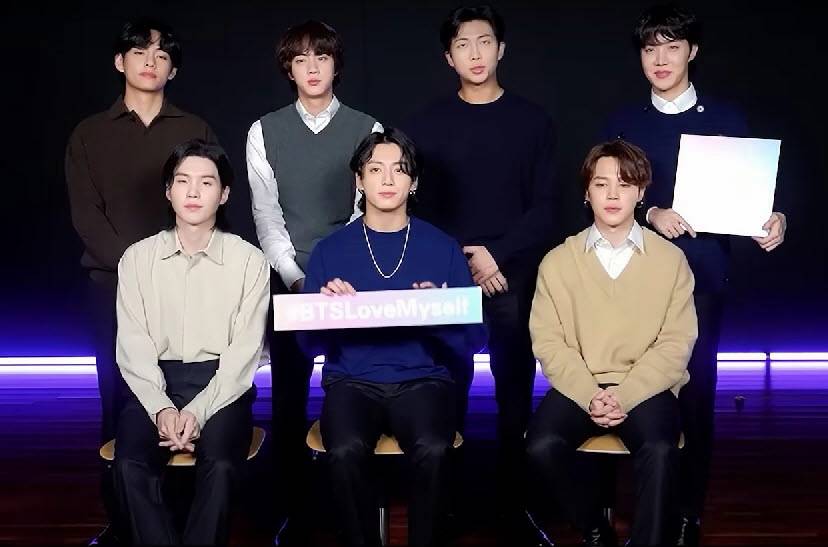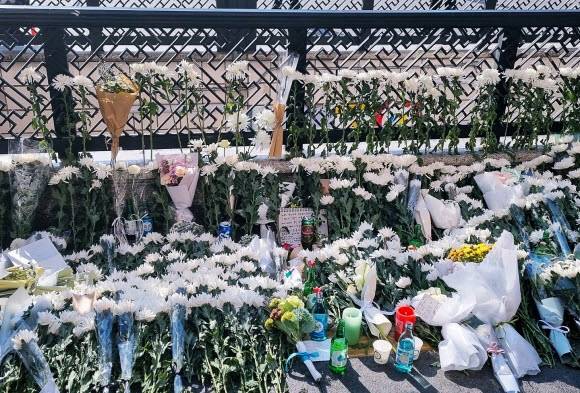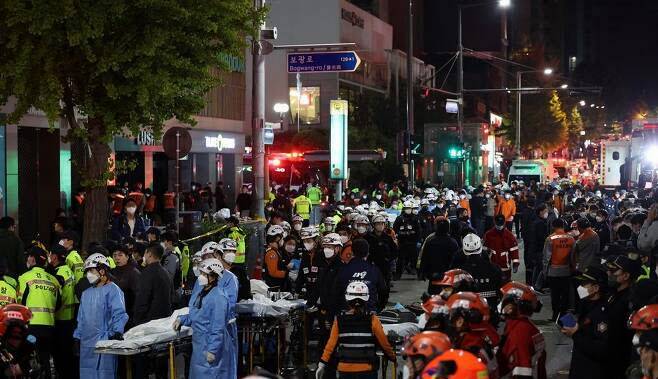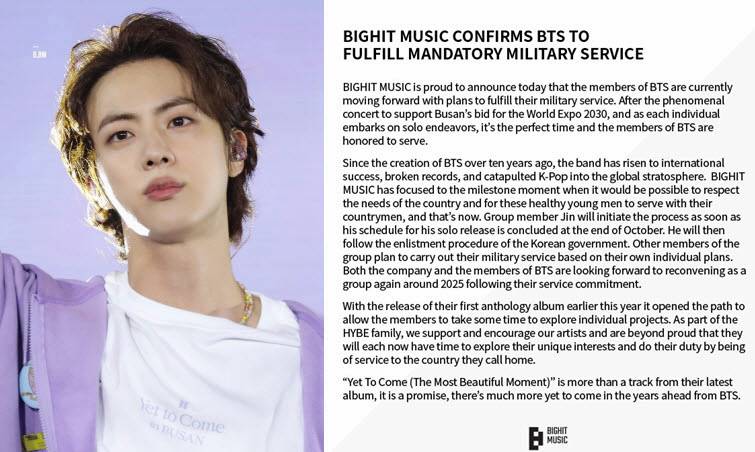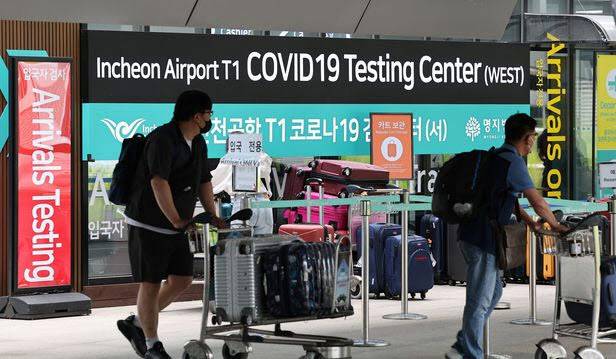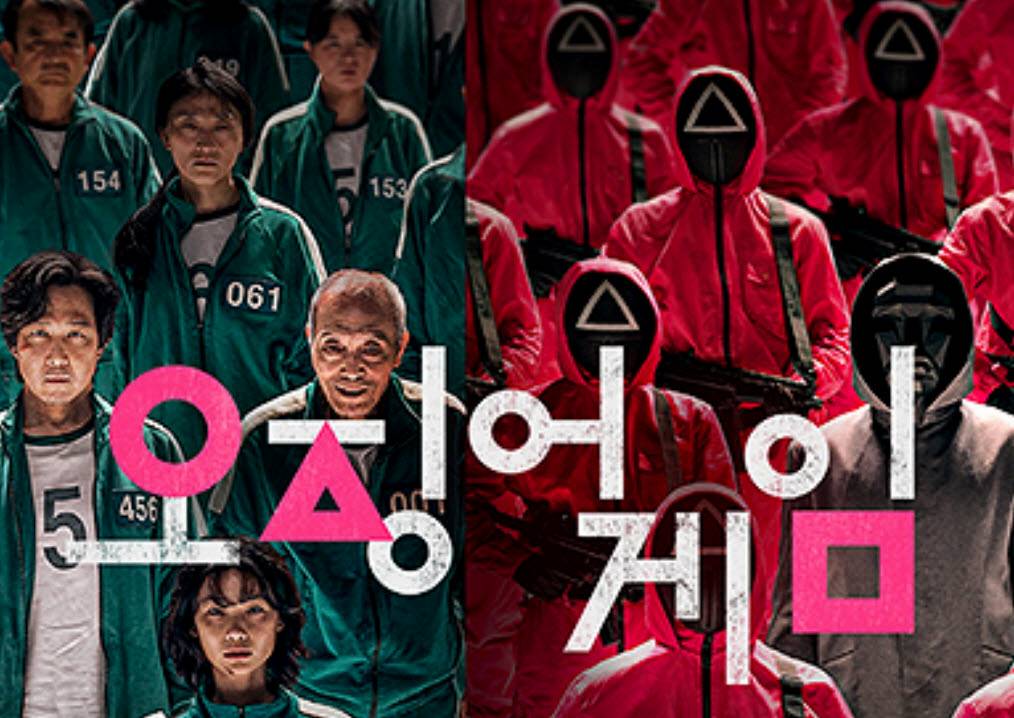New visas & faster entries - Korea Immigration Changes in 2023
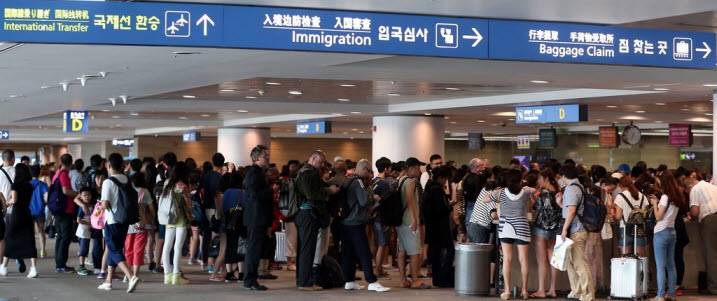
Korea
has recently rolled out a series of changes for foreign visitors and residents
in the country, ranging from new visas to giving young children access to
automated immigration gates at airports.
The
measures are intended to draw more foreigners, from tourists to long-term
workers, after a period of pandemic-induced strict border controls.
-Introduction
of new visas-
Two
new visa types will be made available to visitors, the ‘Ministry of Culture,
Sports and Tourism’ announced last month.
The
“K-culture training visa” targeting teens wishing to learn more about Korean
culture is expected to be introduced this year. Visa holders will be allowed to
stay in the country for up to two years, and they will be required to receive
education or training in sectors related to K-culture, such as K-pop.
Details
are to be ironed out soon, as the government is aiming for a March
introduction.
Another
addition is the so-called “workcation” visa, which is Korea’s version of what is
better known internationally as the "digital nomad visa." It is a
temporary residence permit that will allow foreigners to stay in Korea while
working remotely for an employer in their home country.
Slated
to be introduced in the second half of this year, the digital nomad visa can be
extended for up to two years.
Change
of regulations for foreign workers
Regulations
for foreign workers here will also undergo change.
The
Ministry of Labor and Employment and Labor announced last month a plan to allow
long-term foreign employees with E-9 visas, or manual labor workers, to work
here for up to 10 years, without having to leave the country.
The
E-9 visa, which covers foreigners in fields like fishing, farming,
manufacturing and other labor-intensive jobs, currently permits workers to stay
for three years. It can be extended for one year and 10 months, meaning one can
work here with the visa for up to four years and 10 months. Although the permit
can be further extended, one would have to depart and reenter Korea for the
renewal.
While
the maximum period has provisionally been set to 10 years, officials said they
will hold further discussions with related government bodies and those in the
industry to extend it even further.
The
ministry is also mulling expanding the range of jobs that E-9 visa holders can
work in.
Undergraduates
with D-2 student visas will be allowed to work for up to 30 hours a week, up
from the current 25 hours. Rules for graduate students, who can work up to 35
hours per week, remain unchanged.
Another
change is that hotels will be able to hire five foreigners, up from the current
two, on the E-7 visa. The E-7 visa is issued to foreign nationals in white
collar industries and applicants have to be invited by a public or private
organization.
D-2
visa holders, who are fluent in Korean and not eligible for E-7 visas, could be
allowed to stay and work in Korea with the E-9 visa, the ministry plan shows.
More
information on the qualifications for each visa type is available on the
government-run Korea Visa Portal.
-Automated
immigration clearance for foreign children-
As
of Jan. 1, 2023, any foreign residents staying in the country for the long term
7 or older can use 'SES'(=Smart Entry Service, an automated immigration
clearance system. Prior to this year, one had to be at least 17 years of age to
use it.
According
to Korean law, a long-term foreign resident refers to a person staying in the
country for 91 days or more and is required to register with the authorities
within the 90 days of entering Korea.
“Since
foreigners had to be 17 or above to use the SES, there had been complaints that
foreign families with young children could not use the system,” the Korea
Immigration Service said.
For
a long-term foreign resident aged 7-17 to use the system, one must visit the 19
registration centers across the country.
The
registration centers are located in Terminal 1 and 2 of Incheon Airport, Gimpo
International Airport, Gimhae International Airport, Daegu International
Airport, Jeju International Airport, Cheongju International Airport, Coex City
Airport Terminal in southern Seoul, Seoul Station, Port of Incheon, Port of
Busan. They are also at immigration offices in Seoul, Daejeon, Cheongju,
Gwangju, Busan, Incheon and Suwon.
Inquiries can be made via the Immigration Contact Center at 1345.
-'SES' (=Smart Entry Service)-
'SES' (=Smart Entry Service)
is the name of Korea's automated immigration screening system, which registers
passport information and biometric information (fingerprints, facial) in
advance and uses it at the 'SES' (=Smart Entry Service) gate to perform immigration
screening. It is an advanced immigration screening system that automatically
proceeds. It is a convenient system that completes immigration inspection
within about 12 seconds using the automated immigration counter instead of
face-to-face inspection by an immigration officer.



